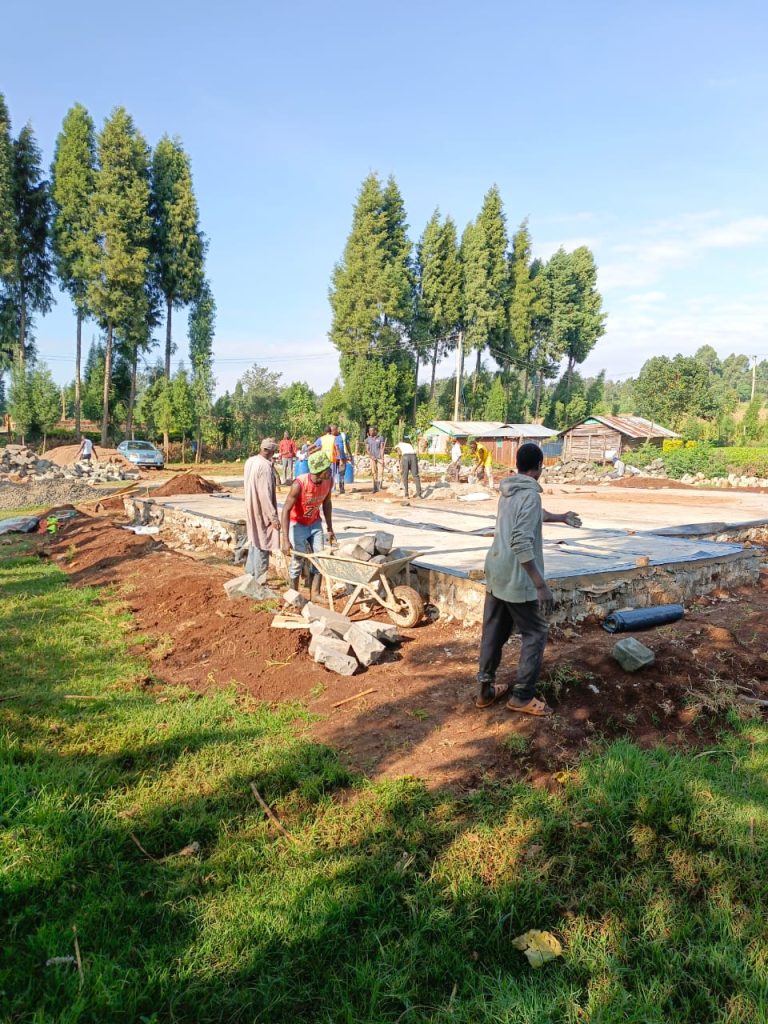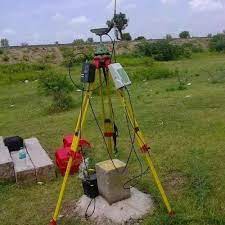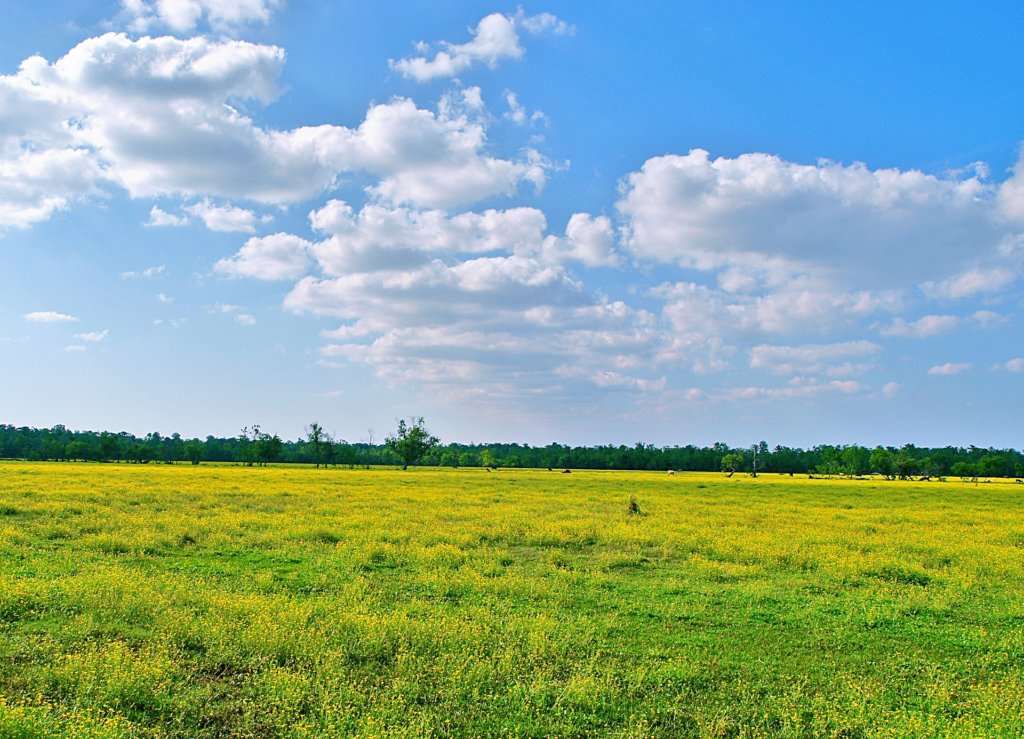Looking to buy agricultural land in Kenya? Discover everything you need to know about farm land prices, land laws, title verification, and profitable farming zones. Learn how to invest securely in Kenya’s agriculture sector today.
Introduction
Agricultural land in Kenya remains one of the most valuable investments for both locals and foreigners. With Kenya’s growing food demand and export potential, owning farmland offers strong returns and long-term stability. Whether you want to grow crops, rear livestock, or invest in agribusiness, understanding the legal, financial, and environmental aspects of buying agricultural land is crucial.
In this guide, we’ll break down everything you need to know — from farmland prices and laws to location insights and purchase procedures — so you can invest confidently and profitably.

Understanding Agricultural Land in Kenya
Kenya’s agricultural land covers nearly 48% of the country, making it the backbone of the economy. This land is used for both small-scale and commercial farming, producing crops like maize, coffee, tea, sugarcane, and horticultural products.
Types of Agricultural Land
There are two main categories: arable land (suitable for crops) and pastoral land (used for livestock). Arable areas like Nakuru and Trans Nzoia are popular for mixed farming, while semi-arid regions such as Kajiado and Laikipia are ideal for cattle and sheep.
Importance of Agriculture in Kenya
Agriculture contributes over 30% of Kenya’s GDP and employs about 70% of the workforce. Beyond feeding the nation, it drives exports and supports industries like food processing and logistics. Investing in farmland directly supports national food security and rural development.

Laws Governing Agricultural Land in Kenya
Before buying farm land in Kenya, it’s vital to understand the legal framework that protects both the landowner and the state.
Key Land Laws and Acts
Kenya’s land laws are guided by the Constitution of Kenya (2010), the Land Registration Act, and the Land Control Act. These define how agricultural land can be owned, subdivided, leased, or transferred. The National Land Commission (NLC) oversees all agricultural land use and allocation.
Restrictions for Foreign Buyers
Foreigners can lease agricultural land for up to 99 years but cannot own it freehold. The law aims to ensure land remains under Kenyan control while allowing foreign investment through joint ventures or agribusiness partnerships.
Land Use and Zoning Regulations
Counties have specific zoning laws determining what farming activities can occur in an area. Always check the land’s zoning certificate to ensure your intended agricultural use aligns with county plans.

Farmland Prices in Kenya
Prices for agricultural land in Kenya vary widely depending on location, accessibility, and soil fertility.
Average Farmland Costs
As of 2025, prices range between KSh 150,000 to 1.5 million per acre. Fertile areas such as Kiambu, Nakuru, and Trans Nzoia are on the higher end, while remote areas like Samburu or Turkana offer cheaper land ideal for grazing.
Factors Affecting Land Prices
Several elements influence prices: soil quality, water availability, proximity to towns, and road networks. Areas with irrigation potential and ready markets tend to command higher values.
Future Price Trends
With urban expansion and food demand rising, farmland values are expected to increase by 10–15% annually. Early investment now offers strong appreciation and potential lease income.

Process of Buying Agricultural Land in Kenya
Buying agricultural land involves several steps to ensure full legal ownership and avoid fraud.
Conduct a Land Search
Start by visiting the Ministry of Lands or eCitizen portal to confirm ownership details. A land search will verify the seller’s name, title number, and whether the property has any disputes or encumbrances.
Land Valuation and Inspection
Hire a surveyor and valuer to inspect the land’s boundaries, soil quality, and access roads. Physical visits help confirm the land’s fertility and irrigation potential.
Agreement and Transfer
Once satisfied, a sale agreement is drafted by an advocate. After payment, documents are lodged for transfer at the land registry. Ensure consent from the Land Control Board (LCB) for agricultural transactions.

Best Counties to Buy Agricultural Land in Kenya
Kenya’s agricultural potential varies by region, so choosing the right county ensures higher yields and returns.
Central Kenya (Kiambu, Murang’a, Nyeri)
Known for high rainfall and proximity to Nairobi markets, these counties are ideal for horticulture, dairy, and poultry. The soils are fertile, making them popular among commercial farmers.
Rift Valley (Nakuru, Uasin Gishu, Trans Nzoia)
This region produces Kenya’s largest maize and wheat supply. Land here offers excellent potential for large-scale mechanised farming and agribusiness.
Coastal and Eastern Kenya
Counties like Taita Taveta, Makueni, and Kilifi provide affordable land suitable for fruit farming, irrigation projects, and greenhouse ventures.

Key Considerations Before Buying Farm Land in Kenya
Beyond price, smart buyers assess several key factors to ensure their investment delivers results.
Soil Fertility and Water Supply
Test the soil before purchase to know what crops can thrive. Water access — whether from rivers, boreholes, or rainfall — determines long-term productivity.
Accessibility and Infrastructure
Good roads and nearby markets reduce transport costs and improve profitability. Check for power lines, water connections, and farm input suppliers in the area.
Legal and Ownership Verification
Always verify that the title deed is clean and that no family disputes or court cases exist on the property. Working with a registered lawyer ensures due diligence.
Profitable Agricultural Ventures on Kenyan Land
Agricultural land investment isn’t just about owning land — it’s about maximising returns.
Cash Crops and Horticulture
High-value crops like avocados, macadamia, and passion fruits yield strong export profits. Demand from Europe and Asia continues to grow annually.
Livestock and Dairy Farming
Regions with pasture and reliable water sources support dairy and beef farming. Modern dairy breeds and zero-grazing systems can multiply yields quickly.
Agribusiness and Leasing Options
You can lease your land to agribusinesses or partner with cooperatives for steady income. Contract farming is also gaining traction among young investors.
Challenges Facing Agricultural Landowners in Kenya
Even with its potential, owning farmland in Kenya comes with challenges that must be planned for.
Climate Change and Water Scarcity
Irregular rainfall and droughts affect yields. Investing in irrigation and drought-resistant seeds can safeguard your farm’s productivity.
Land Fragmentation and Disputes
Subdividing family land has reduced the average farm size, making commercial farming harder. Clear documentation prevents inheritance disputes later.
Market Access and Financing
Farmers often face difficulties in accessing markets and affordable credit. Joining cooperatives or using mobile-based agri-financing platforms helps bridge the gap.
Conclusion
Agricultural land in Kenya offers unmatched opportunities for both farming and investment. Whether you’re purchasing land for crop cultivation, livestock, or agribusiness ventures, understanding the laws, prices, and due diligence processes ensures long-term success. With increasing food demand and land appreciation, investing in Kenyan farmland today secures both your financial future and contribution to national development.



